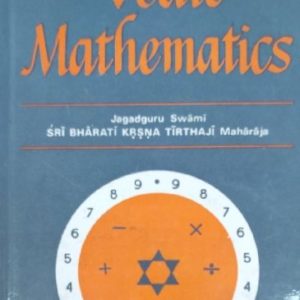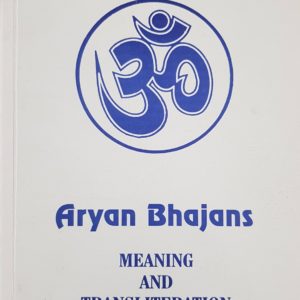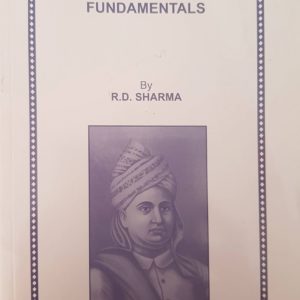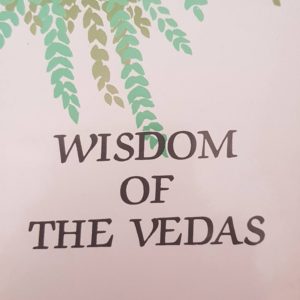What is Veda
R200.00
Description
Author Dr Tulsi Ram Sharma & Gianender Kumar Sharma
The Vedas are not only the most esteemed, authentic, and sacred books of the Hindu’s, but are also primarily books of world literature. They are the repositories of knowledge. The term “Veda” comes from the Sanskrit root “Vid” i.e. to know. The Vedas, comprises of four parts, namely Rig, Yajur, Sama and Atharva Veda. In them are the subjects of knowledge, action, communion, and science.
Briefly, the “Rigveda” is the knowledge of God, creation, nature, and man. “Yajurveda” is the knowledge of the application of knowledge in practice for right living. “Samaveda” is a celebration of knowledge and successful living in song. “Atharvaveda” is an umbrella vision of life and divinity, a top coverage of Vedic knowledge, action, and piety in state of spiritual living. The Vedas contain the root principles of all sciences e.g. mathematics, astronomy, music, medicine, and astrology, to name a few. Of these, the most important is Theosophy (Knowledge of God).
Veda is knowledge, pure and simple, so is science. Science is knowledge of nature as nature is and as it works according to its own laws. Veda too is knowledge of nature, but Veda goes further than that, to the source of the laws, in fact it goes to the source of nature itself.
Science is pure knowledge; there is no story, no history. Scientific knowledge is knowledge in scientific language, Veda is knowledge in Vedic scientific language. Both are free from local colour and historical variations of meaning.
While science is knowledge of nature to the extent that man has been able to discover it, Veda is universal knowledge of existence as we would find it to be from a source which is infinitely greater and higher than human. For this reason, Veda is the voice of Divinity, articulation of the divine awareness of existence in metalanguage.
Reviews
There are no reviews yet.
Only logged in customers who have purchased this product may leave a review.




